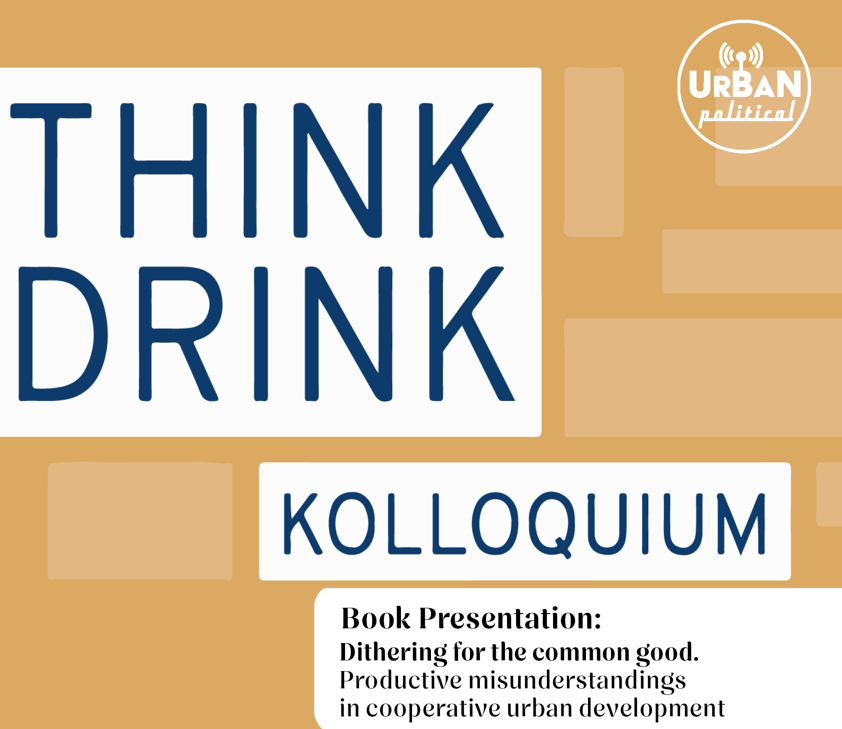Jan 27 2025 45 mins
This is a new episode from our Think&Drink series in collaboration with the Georg-Simmel-Centre for Urban Studies and the Humboldt University Berlin.
Co-operative urban development is the buzzword of the moment. It stands for the pursuit of a fairer city that is orientated towards the common good. In new partnerships - public-civic partnerships - actors from politics and administration work together with actors from civil society. Contradictory practices of urban design lead to misunderstandings, controversies and uncertainties in these co-operations.
In this book, the authors explore the processes of two extraordinary experiments in cooperative urban development in Berlin: the Haus der Statistik and the Rathausblock Kreuzberg. To this end, they invite the actors involved to procrastinate. When hesitation becomes a method, ambivalences support cooperation, uncertainties replace conflicts and controversies between the partners become visible. The book presents concise theses on cooperative urban development, a glossary of misunderstandings and methodological reflections on the artistic-ethnographic research method and its embedding in urban anthropological discourses. For all those who are involved in co-operative urban development or want to accompany it with research. For a just city of the many.
